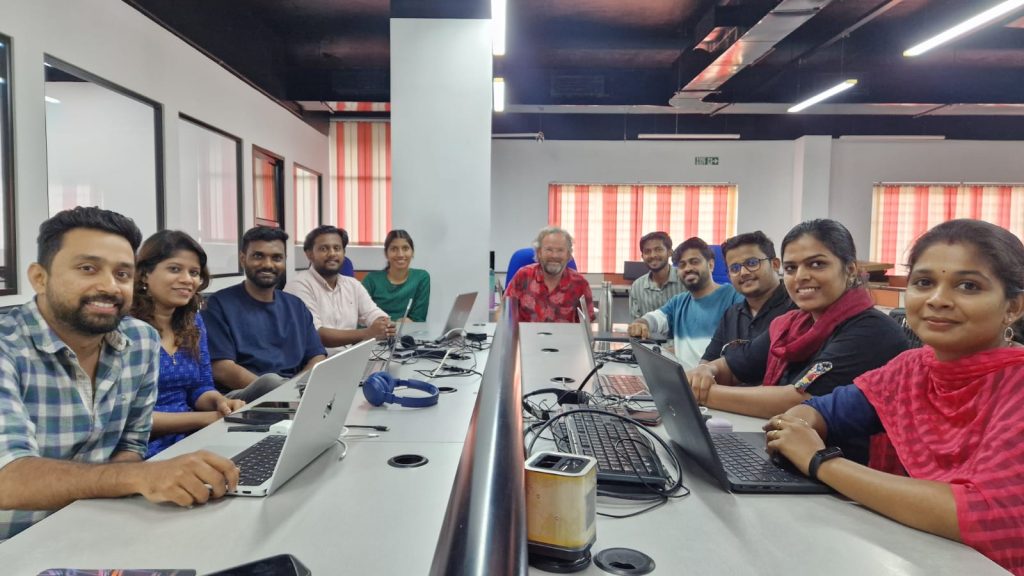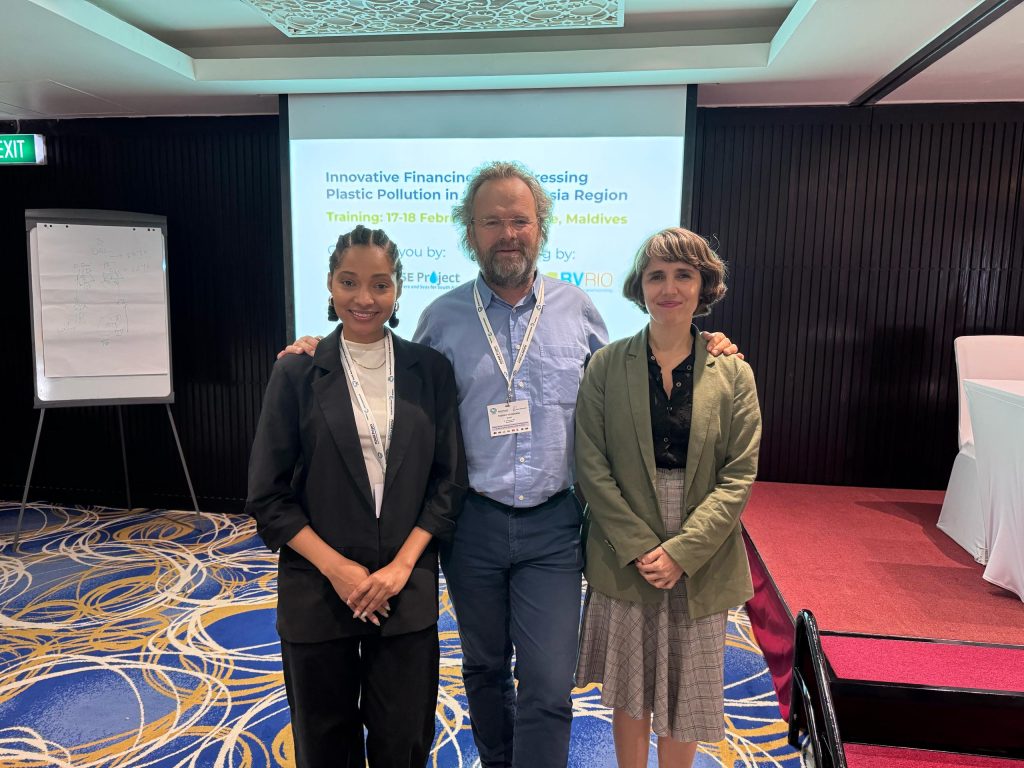The global spotlight on national waste legislation is intensifying, and Extended Producer Responsibility (EPR) stands at the forefront. EPR offers a compelling solution for financing sustainable waste management, embodying the ‘polluter pays’ principle. Simply put, EPR mandates that producers, importers, and brands take responsibility for the lifecycle of their products, either by directly managing waste or contributing financially to its recovery.
Consider a major player like Coca-Cola, for example, which introduces approximately 3 million tonnes of plastic annually into the waste sector. Under a robust EPR framework, it would be accountable for the collection and processing of this plastic. Alternatively, a financial contribution, potentially around USD 300 million (roughly 10 cents per kilogram or a minimal 0.2% increase on a 500ml bottle), would fund the necessary recycling efforts.
The appeal of EPR lies in its ability to shift the financial burden of waste management from general taxation to the producers and ultimately, consumers of the products generating the waste. However, the current implementation of EPR regulations often falls short of its potential.
A review of existing ERP legislations by circular economy experts at BVRio and Kolekt, as well as insights from advising several governments, reveals an understandably prevailing ‘trial-and-error’ approach, with some implementation timelines stretching beyond a decade in many of the approximately 40 countries with existing EPR frameworks.
BVRio and Kolekt has identified 21 critical decision points that governments must address to optimise EPR regulations and expedite implementation by at least five years.
We will address them all, adding links here (to the Kolekt website) as they are published:
Decision Point 1: Mandatory or Voluntary EPR?
Decision Point 2: Should EPR be a top-down affair, orchestrated by government decree, or a bottom-up initiative driven by industry itself?
Decision Point 17: Expanding EPR Fees Beyond Collection to Infrastructure Development
Decision Point 18: How to involve informal collectors




